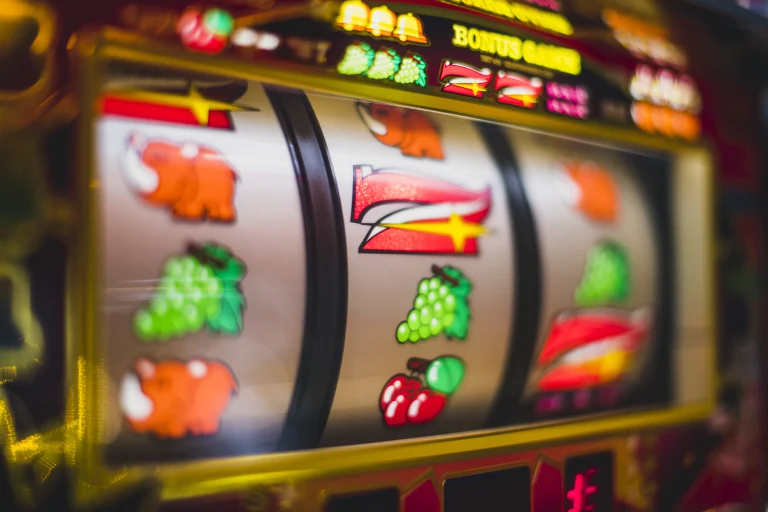Introduction
In the world of online gambling, the term “RTP” is frequently encountered, especially when discussing slot machines. RTP, or Return to Player, is a crucial metric that provides insight into the potential payout of a slot game over time. Understanding RTP is essential for players who want to make informed decisions and maximize their gaming experience. This article delves into what RTP is, how it works, and why it is important for slot enthusiasts.
What is RTP?
RTP stands for Return to Player, and it is expressed as a percentage. It represents the theoretical amount of money that a slot machine will pay back to players over an extended period. For example, if a slot game has an RTP of 96%, it means that for every $100 wagered, the game is expected to return $96 to players in winnings.
It is important to note that RTP is a long-term average and does not guarantee short-term outcomes. Individual gaming sessions can vary significantly due to the random nature of slot machines. However, over thousands or even millions of spins, the actual payout percentage will tend to align with the stated RTP.
How RTP Works
The RTP of a slot game is determined by its programming and the rules set by the game developer. It is a mathematical calculation that takes into account the game’s paytable, the frequency of winning combinations, and the overall game mechanics. The RTP is typically verified by independent testing agencies to ensure fairness and accuracy.
Slot games with higher RTP percentages generally offer better value to players, as they return a larger portion of the wagered money in winnings. However, a higher RTP does not necessarily mean more frequent wins; it simply indicates a higher overall payout rate.
Why RTP Matters
- Informed Decision-Making: Understanding RTP allows players to make informed decisions about which slot games to play. By choosing games with higher RTP percentages, players can increase their chances of winning over the long term.
- Budget Management: Knowing the RTP of a slot game helps players manage their bankroll more effectively. Games with lower RTP percentages may deplete a player’s budget more quickly, while higher RTP games can offer more sustained gameplay.
- Fairness and Transparency: RTP is a measure of a game’s fairness. Reputable online casinos and game developers disclose the RTP of their slot games to promote transparency and build trust with players.
- Game Selection: Different slot games cater to different playing styles. Some players prefer high-volatility games with lower RTP but larger potential payouts, while others opt for low-volatility games with higher RTP and more frequent, smaller wins.
Conclusion
RTP is a fundamental concept in the world of slot machines, providing players with valuable information about a game’s potential payout. By understanding RTP, players can make more informed choices, manage their bankroll effectively, and enhance their overall gaming experience. Whether you are a seasoned slot enthusiast or a newcomer to online gambling, paying attention to RTP can significantly impact your approach to slot games and your chances of success.








Leave a Reply